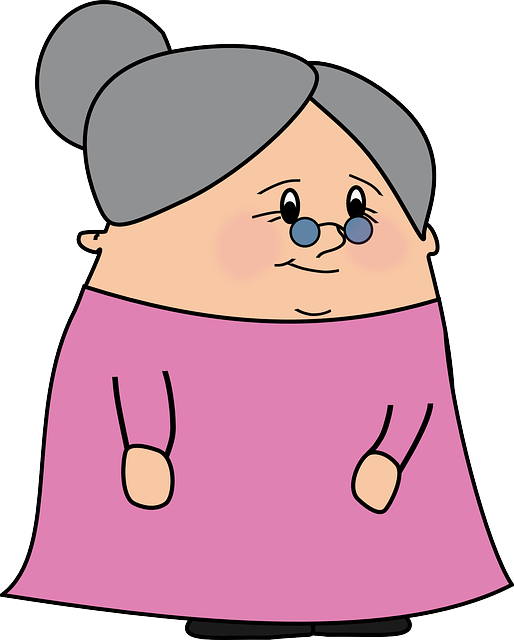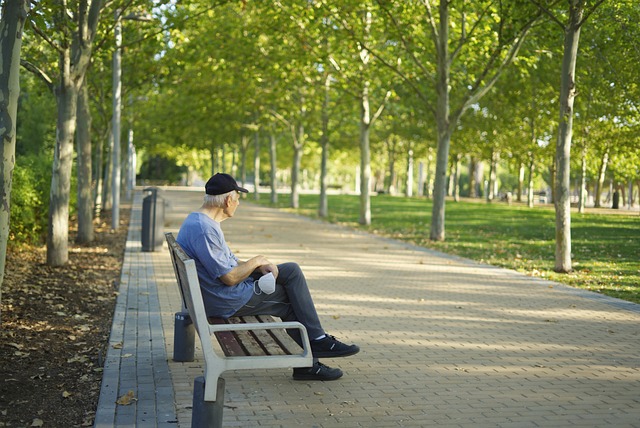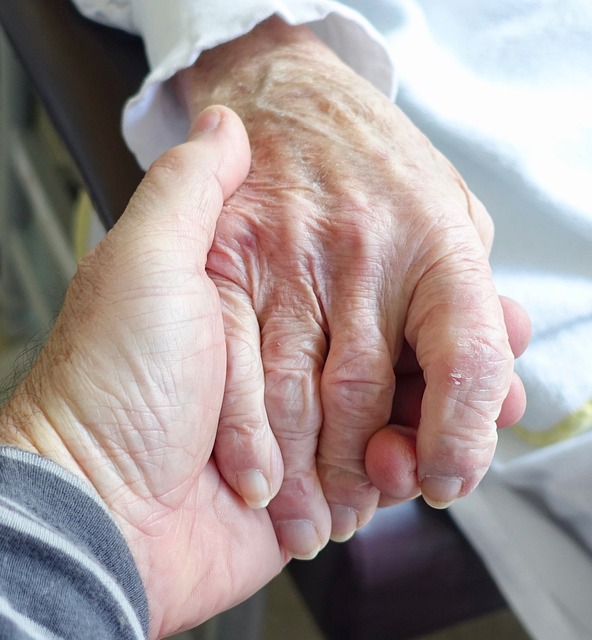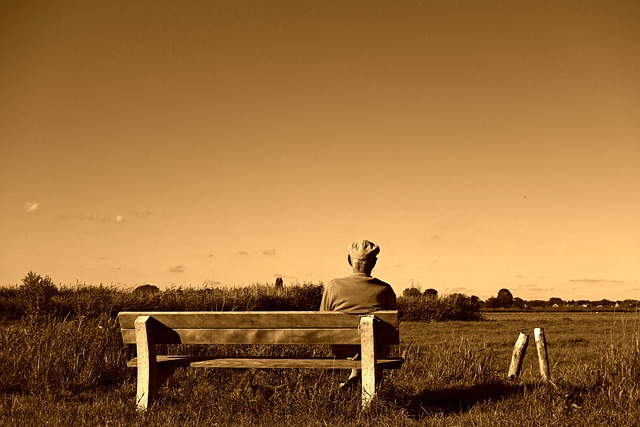Elderly Companion Services play a crucial role in enhancing the safety, health, and overall quality of life for seniors by providing tailored support that includes light housekeeping, companionship, and assistance with daily tasks. These services are essential for creating a clean, safe, and clutter-free environment that reduces the risk of falls and accidents, particularly for those with mobility issues. They also help in preventing infections and allergies, which can be more harmful to seniors with compromised immune systems. Beyond the physical aspects, Elderly Companion Services offer respite from the demands of cleaning, allowing elderly clients to engage in meaningful activities or leisure. The services are adaptable, focusing on individual needs, and employ ergonomic techniques and specialized tools to make cleaning easier and safer. They ensure that high-touch areas vital for health and safety are cleaned daily, while less critical areas receive attention weekly or bi-weekly. Elderly Companion Services also contribute to mental health and emotional well-being by supporting independence and dignity, which is key in preserving the ability to live comfortably at home. The personalized plans developed in collaboration with clients not only maintain cleanliness and comfort but also support their health and autonomy, making it a vital service for maintaining independence in later years.
Maintaining a clean and safe living environment is crucial for the well-being of elderly clients, who often face unique challenges in performing routine housekeeping tasks. This article delves into the importance of regular upkeep for seniors, offering tailored cleaning routines that respect their limitations while ensuring a healthy home atmosphere. We will explore safe practices to prevent falls and injuries, and highlight the pivotal role of elderly companion services in supporting this essential aspect of senior living. By understanding and addressing these needs, we can significantly enhance the quality of life for our aging population.
- Understanding the Importance of Regular Housekeeping for Senior Citizens
- Tailoring Cleaning Routines to Suit Elderly Clients' Needs and Abilities
- Safe Housekeeping Practices for the Elderly: Preventing Falls and Injuries
- The Role of Elderly Companion Services in Maintaining a Healthy Home Environment
Understanding the Importance of Regular Housekeeping for Senior Citizens

Maintaining a clean and organized living space is particularly significant for elderly clients, as it can significantly impact their health, safety, and overall well-being. Regular housekeeping services, such as those offered by Elderly Companion Services, go beyond mere tidiness; they ensure a hygienic environment that’s free from clutter, which can be a tripping hazard for seniors with mobility issues. A clean home reduces the risk of infections and allergies, which are more prevalent and dangerous in older adults due to weaker immune systems. Moreover, these services can alleviate the physical strain associated with cleaning, allowing seniors to conserve energy for more important daily activities or leisure. By providing assistance with tasks like dusting, vacuuming, and laundry, Elderly Companion Services enable elderly clients to live comfortably and independently in their own homes, fostering a sense of dignity and autonomy that is crucial for mental health and emotional well-being.
Tailoring Cleaning Routines to Suit Elderly Clients' Needs and Abilities

When designing light housekeeping routines for elderly clients, it is imperative to consider their individual needs and capacities. Elderly companion services can tailor these routines to ensure tasks are manageable and safe, promoting independence while maintaining a clean and healthy living environment. A key aspect of this approach involves simplifying cleaning tasks by focusing on the most critical areas that impact health and safety. For instance, daily attention might be given to surfaces like countertops, sinks, and appliance handles where germs accumulate quickly, while less frequently used spaces can be addressed weekly or bi-weekly. The frequency and scope of cleaning can be adjusted based on the client’s physical abilities, with an emphasis on ergonomic techniques that minimize strain. Moreover, the use of specialized tools designed to reduce effort, such as reachers for high shelves or grabbers for floor debris, can greatly enhance the efficiency and safety of these routines. By collaborating closely with elderly clients, companion services can develop a personalized plan that respects their autonomy and supports their well-being, ensuring that their living spaces remain clean and comfortable without overextending their capabilities. This not only contributes to their overall health but also helps maintain their dignity and quality of life.
Safe Housekeeping Practices for the Elderly: Preventing Falls and Injuries

When managing household tasks for elderly clients, maintaining a safe and accessible environment is paramount. Elderly companion services emphasize the importance of decluttering pathways to reduce trip hazards and ensure clear walkways throughout the home. Rugs and carpets should be secured with non-slip mats or tape to prevent them from bunching up or sliding, which can cause falls. Regular dusting and vacuuming are essential not only for cleanliness but also for removing potential fall hazards such as debris that might make floors slippery.
To further enhance safety, elderly companion services recommend installing grab bars near toilets, in showers, and around tubs. Handrails on both sides of staircases should be sturdy and secure, offering support to navigate steps safely. Task lighting, particularly in areas used frequently such as hallways and bathrooms, can significantly improve visibility and reduce the risk of falls. Additionally, ensuring that commonly used items are within easy reach to avoid overreaching or bending too far can prevent strain injuries. Elderly companion services providers should also regularly check for loose handrails, ensure that stairs are well-lit, and that all lighting fixtures are functioning properly. By implementing these practices, elderly clients can maintain their independence while minimizing the risk of falls and injuries within their living spaces.
The Role of Elderly Companion Services in Maintaining a Healthy Home Environment

Elderly companion services play a pivotal role in maintaining a healthy and safe home environment for seniors. These services are designed to provide companionship, support with daily tasks, and assistance with light housekeeping, ensuring that elderly individuals can live comfortably and independently in their own homes. Trained caregivers from these services help with meal preparation, laundry, and cleaning, which are essential for maintaining a clean and hygienic living space. This not only contributes to the physical well-being of seniors by reducing exposure to harmful bacteria and allergens but also promotes mental health by keeping their surroundings organized and familiar, which can be particularly comforting for those with cognitive decline. Furthermore, these services often include monitoring of the senior’s health and well-being, providing a safety net that allows elderly clients to age in place with dignity and security. The presence of companion service providers also offers an additional layer of social interaction, which is crucial for combating loneliness and isolation, common challenges faced by older adults. In essence, elderly companion services are instrumental in sustaining a nurturing home environment that supports the holistic health and autonomy of seniors.
In conclusion, maintaining a clean and safe living environment is paramount for elderly clients, with light housekeeping playing a crucial role in their well-being. Tailoring cleaning routines to suit individual needs and abilities ensures that seniors can age in place with dignity and comfort. Emphasizing safe practices to prevent falls and injuries is essential, and the integration of elderly companion services further enhances the ability to sustain a healthy home environment. These services not only provide assistance with daily tasks but also offer companionship, which is invaluable for the emotional and social health of older adults. By recognizing the importance of this support and implementing tailored solutions, we can significantly improve the quality of life for our senior citizens.






